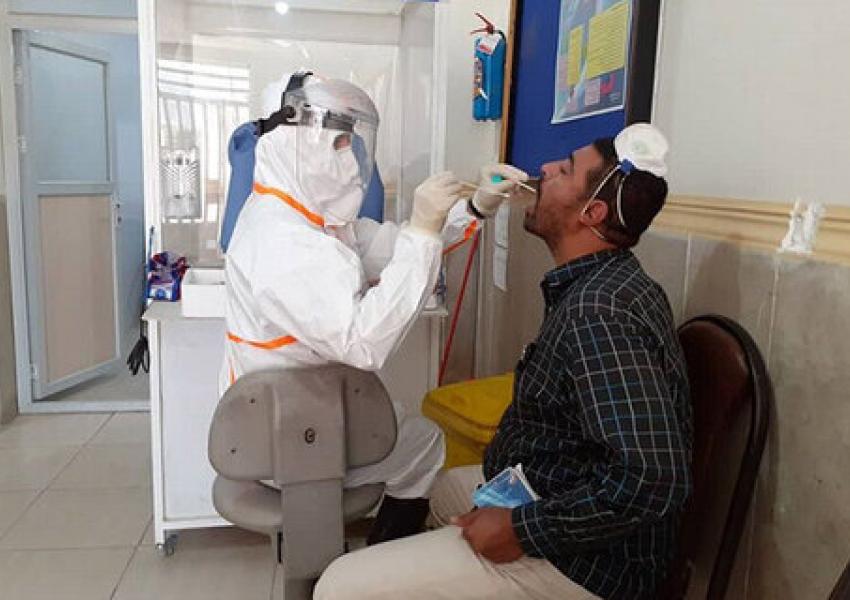
Iran Covid Numbers Edge Up As Disputes Over Domestic Vaccines Rumble
A brash response by a senior Iranian health official condemning a social-media comment that domestic Covid-19 vaccines needed international approval has led to a Twitter storm. Kianoush Jahanpur, spokesman of the Food and Drug Organization, had told a Twitter user concerned about vaccine safety: “You don’t have to inject it, it is not obligatory.”
Jahanpur has been promoting domestic vaccines said to be undergoing testing. Supreme Leader Ali Khamenei banned the importation of American and British vaccines in January.
The Twitter user had responded to an earlier post by the spokesman describing Iranian-made vaccines as a “national honor.” The user replied: “We don’t have a problem [with domestic vaccines], just have it approved by a credible international organization, because Iran is not Europe that if there are side-effects you would stop its use.”
Iran has so far imported less than 1 million Russian and Chinese vaccines and is behind some neighbors in vaccinations. The Gulf Arab countries and Turkey are well into a mass-vaccination stage, while Israel has already fully vaccinated more than 50 percent of its citizens.
Iran’s reported figures, with more than two million cases and 64,000 deaths officially announced, are the highest in the Middle East, although figures in many countries are unreliable. The World Health Organization has said that only 14 out of 21 countries in the Eastern Mediterranean region, from Morocco to Afghanistan - but excluding Algeria and Israel - have received vaccines, amounting to little more than 1 percent of the population: the WHO has reported that 80 percent of vaccines globally have been administered in just ten, wealthy countries.
Some Iranians criticize the government’s record not only for its slowness but for often contradictory response to the 14-month pandemic. Iran was the second country after China where the coronavirus spread and began to take lives. Facing a third year of stagflation, the government was reluctant to shut down parts of the economy, while some clerics insisted religious gatherings should continue – before lockdown measures in late 2020 brought deaths below 100 per day.
Some politicians, doctors and media have insisted that Iran’s official figures are intentionally kept low, and the true number of cases and deaths are much higher. There is no independent means of determining the real picture, as the local media, hospitals and health organizations are either controlled by the state or ordered not to contradict official sources.
Nine different entities in Iran are working on vaccines, while new strains of the virus have led to rising cases in recent days. There has been little tangible information on test results for domestic vaccines, and even some government experts have criticized the process. In the last 24 hours alone, there were 22,500 new cases and local media report that hospitals in Tehran are once again experiencing a surge in numbers of Covid patients.








